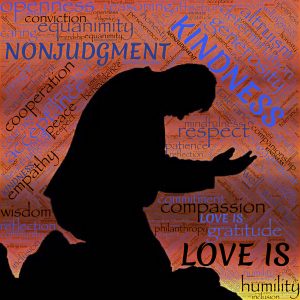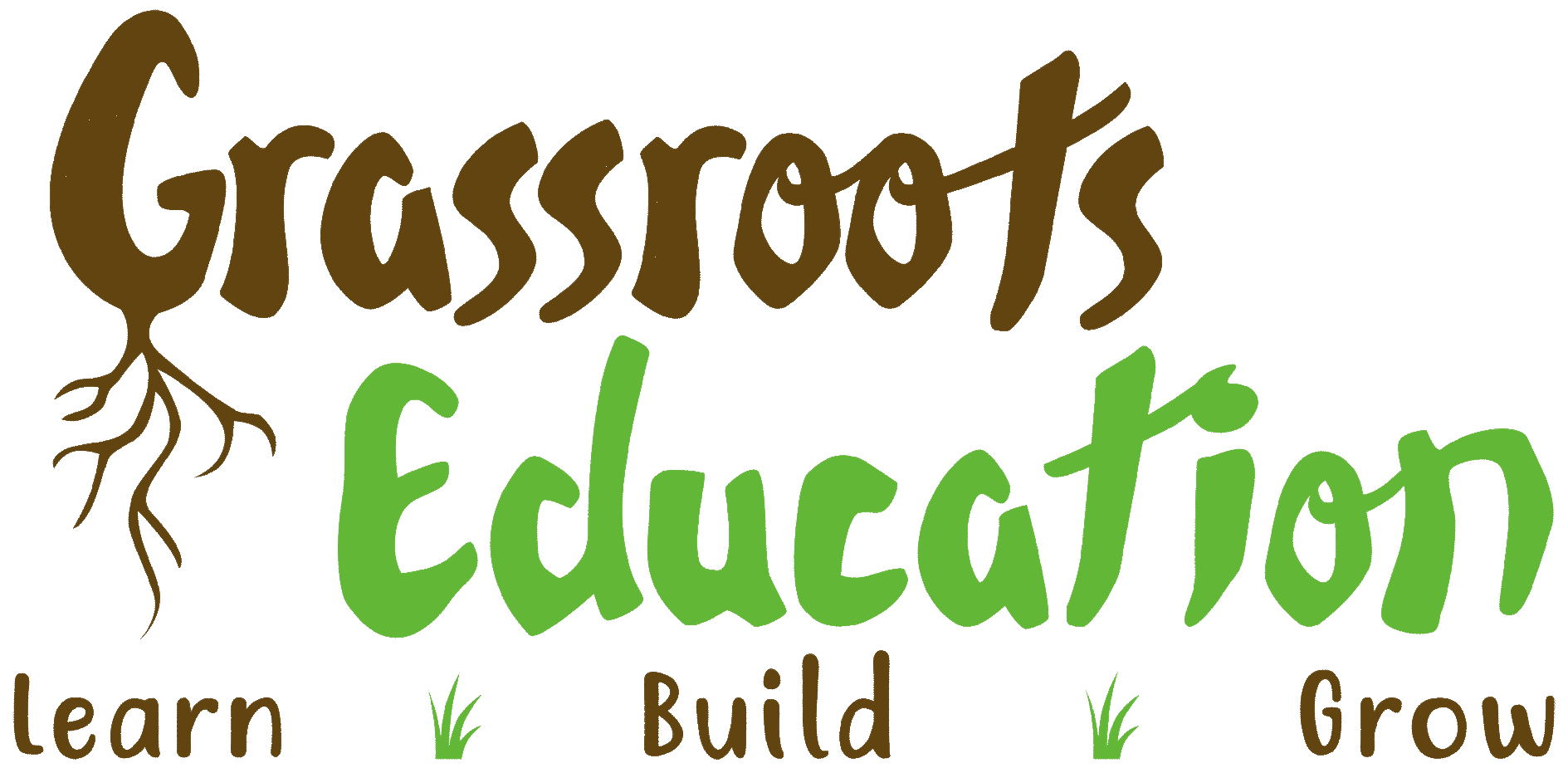Perspective

By Dr. Marcia Davis-Dawkins
“The difference between a flower and a weed is a judgment.” I wish I could take the credit for those words but I can’t. The credits go to the late Wayne Dyer, an American author and motivational speaker. Then Ralph Waldo Emerson puts a further twist to it by expanding that a weed is a plant whose virtues have never  been discovered. There are so many people who have varying points of view and ways of seeing things; yet, some are not willing to have an open mind or even opening the lenses. As I get older, I have learned not to cast judgments because I don’t know the situations that people are in and I don’t even know how I would feel if I were in the same circumstances – as a result I don’t judge. Instead, I think or wonder what could cause the person to act or respond a particular manner. It is often easy to assume, or even do the stereotypical norm, rather than to ask people if they are okay or just simply to respond with a smile.
been discovered. There are so many people who have varying points of view and ways of seeing things; yet, some are not willing to have an open mind or even opening the lenses. As I get older, I have learned not to cast judgments because I don’t know the situations that people are in and I don’t even know how I would feel if I were in the same circumstances – as a result I don’t judge. Instead, I think or wonder what could cause the person to act or respond a particular manner. It is often easy to assume, or even do the stereotypical norm, rather than to ask people if they are okay or just simply to respond with a smile.
As we enter this New Year and decade, one of my mantra is that I should encourage others to not be judgmental. Also, where possible, perish the thought of having had similar experiences and therefore believe it is shameful to be emotional or wear emotions on the sleeves. Technically, I am a stranger who does not have a full grasp of the person’s issues nor I am capable of looking at it from their perspective. So often, we are quick to make judgments without knowing the person reasoning behind the actions. I recently saw a cartoon, which I considered funny. A man and woman are sitting at a table in a restaurant, dining, the woman had a huge plate of food in front of her and she said that it was the man who was supposed to pay because of the word, ‘MEN-U’. The man on the other hand, (who had only a glass with water), said it was both since the word said, ‘ME-N-U’, clearly this was a matter of whose perspective – the man’s or the woman’s!
 Then we can look at it from the classroom, one teacher might grade a paper based on his or her way of interpreting while another give another grade, who is to say that either teacher is wrong? I suppose that is why there is a rubric used to grade papers so that each person involved will know the established standards.
Then we can look at it from the classroom, one teacher might grade a paper based on his or her way of interpreting while another give another grade, who is to say that either teacher is wrong? I suppose that is why there is a rubric used to grade papers so that each person involved will know the established standards.
Then there is cultural perspective which, simply put, refers to the manner in which individuals are shaped based on their environment. Just thinking about “culture” and the way various people view things and situations can be interesting. A cultural perspective is also the point of view from which each individual person sees the same situation – when culture is mixed with point of view it or perspective it means that one person is seeing a situation based upon their beliefs, values, experiences that are commonly found in their own culture. I suppose that’s one of the reasons if people marry outside of their culture there can be chaos or misunderstanding. Even words can be misinterpreted in one culture versus another. I once experience this where my sister was braiding someone’s hair and based on the braiding process, she was hurting the person’s scalp. My sister’s word was “hush”, which meant that she was saying, “never mind, the braiding process will be over soon.” On the other hand, the young lady whose hair was being braided did not take kindly to that word. She thought that my sister was say that she should be quiet! I realized the misunderstanding and immediately had to explain the confusion. I suppose it would be remiss of me to talk about  perspective without giving a few more examples of how perspective affect family. One person might think that family is important and another think it is not. Yet whatever the person is doing does not adequately demonstrate the importance of family. One person might be saying it is important but does not want to spend time with the family during special ‘family’ holidays. Similarly, another might believe that bigger is always better or that entertainment is more important that the value placed on education. Are we able to separate our perceptions from our decision making? In all honesty, we sometimes allow our perception to get in the way of a new learning experience or simply getting to know someone. Are we willing to run that risk by simply casting judgments? This decade, we should seek to understand and be ready with a possible alternative suggestion rather than cast judgment. Who says that one person’s weed isn’t another’s flower? Similar to one person’s trash being another’s treasure!
perspective without giving a few more examples of how perspective affect family. One person might think that family is important and another think it is not. Yet whatever the person is doing does not adequately demonstrate the importance of family. One person might be saying it is important but does not want to spend time with the family during special ‘family’ holidays. Similarly, another might believe that bigger is always better or that entertainment is more important that the value placed on education. Are we able to separate our perceptions from our decision making? In all honesty, we sometimes allow our perception to get in the way of a new learning experience or simply getting to know someone. Are we willing to run that risk by simply casting judgments? This decade, we should seek to understand and be ready with a possible alternative suggestion rather than cast judgment. Who says that one person’s weed isn’t another’s flower? Similar to one person’s trash being another’s treasure!

